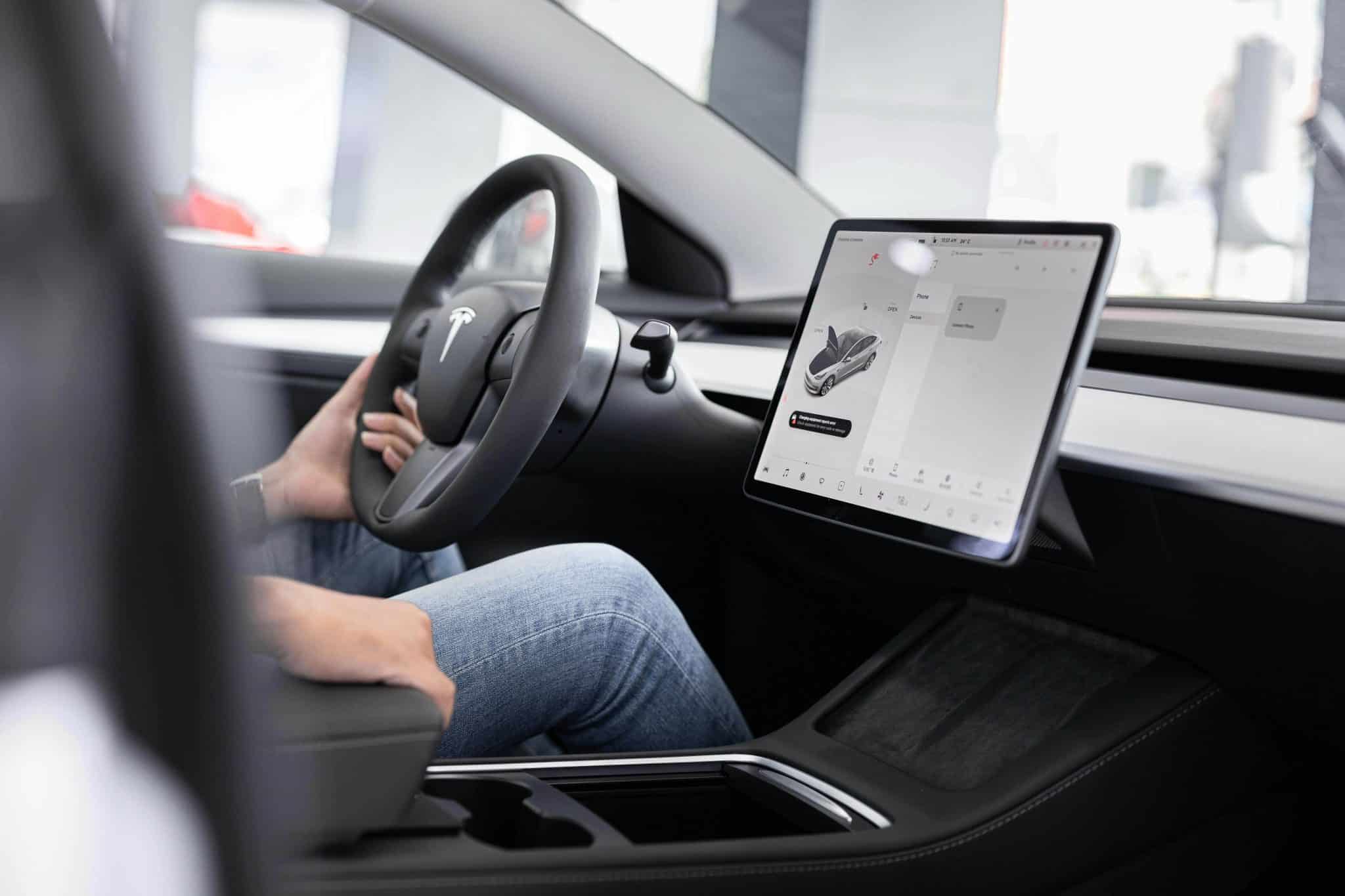Typically the first image in peoples mind is the bowler hat and newspaper from the private investigator of old, but what does the future look like for those working as private investigators in the 21st century?
After some discussions this past month with industry peers, such as industry leading expert Melvyn at MR Investigations, about the longevity of a covert surveillance job, I am going to share my thoughts and views. A covert surveillance job really is a fantastic role as it’s fast paced, mentally challenging and very rewarding but with the advancements of technology and large moves to AI in industry, some are fearing it may be a role that will die out. Here are my thoughts..
With mobile surveillance being the bulk effort of a covert surveillance deployment outside of London, there are a few areas to discuss here. For me, the driving element will see the biggest changes in the private sector conducting surveillance.

The very first aspect that we have discussed is how covert surveillance will have to adapt in a world where electric cars are the only ones on the road in the UK. With the government proposal that all car sales in 2035 will be electric vehicles, this will happen.
At the moment the infrastructure for electric vehicles is not strong enough to cope with demand and with ‘range fear’ being very real for electric car owners now, this will only grow to be a more serious problem for long distance drivers – such as those who work in a covert surveillance job.
My thoughts are, that a forced move to electric vehicles will seriously impact those who work as surveillance operatives. I drive roughly around 30,000 miles a year, an electric vehicle would not cope with type of mileage, I don’t believe. I am happy to be proven otherwise..
Some of my days I travel from Derby to London and then I start my work day, where I can end up driving during the surveillance and then I will drive back again. If I had to drive and then charge my car prior this would put a huge strain on me having to factor in charging times. On top of an already very long work day.
With the move to electric cars comes the drive in technology to adapt those vehicles to be self driving.
Tesla is known to be an electric car maker however, their main effort isn’t believed to be to sell as many electric vehicles as they can but to collect as much data as they can. This is all centred around driving, road layouts, road safety which is the leading driver into being the pioneers of the self-driving technology.
With self-driving technology being developed very quickly it is my estimation that in the coming 2 or maybe 3 decades that it will be made mandatory that all vehicles on British roads will be self-driving as they will be far safer than human driven cars. Conspiracy theorists please hold your comments here..
What does this mean to covert surveillance jobs? We won’t be carrying out mobile surveillance onto subjects and doing so will be a thing of the past completely! Self driving cars will need an end destination and if you are set to follow someone, usually you don’t know their end destination so you will not be able to tell your self driving vehicle to ‘follow that car!!’ like we do now with black cabs in London.
At the moment vehicle tracking in the UK is legal albeit a very huge grey area of law. My anticipation is that this will become illegal to private investigators. In turn this will seriously affect our performance during surveillance and affect our business as vehicle tracking is a large part of our sales.
Currently under UK law we can deploy a vehicle tracker on public land onto any vehicle that will be used by our subject of interest DURING the surveillance. We can only put the tracker on during the surveillance and then at the end of the surveillance remove it. The reasoning is that the vehicle will be followed by mobile surveillance operatives anyway so it is deemed as An Aid to Surveillance.
If vehicle tracking is made illegal and this use is no longer permitted then surveillance teams irrespective of skill set WILL struggle on long term projects as the risk of compromise sky rockets without vehicle trackers being used. In turn making surveillance as a service a risky investment for future clients.
As a service vehicle tracking is a large part of our sales revenue. This is only for clients that fit the strict criteria – we cannot track a vehicle that is not under direct surveillance without it being owned by our client. For those clients this service really provides a budget friendly means of reaching their end objective which makes it an ideal choice for many.
If we lose this as a service and therefore, an income stream then the business and industry as a whole will suffer and in turn make the private investigation industry weaker as less revenue leads to loss in research and development into new technologies. This is not just for vehicle trackers but all technologies we are looking into to provide a better service to our clients.
Love it or hate it, AI or Artificial Intelligence is here to stay and it is only going to be used more and more. In every aspect of our daily lives.
AI is now reinventing the wheel in some industries and some fear they may completely lose their jobs because of it. A covert surveillance job, I don’t think will be one of them though. My personal feeling is that AI will really improve the service levels we can provide for surveillance especially if we use remote cameras which can be programmed to use AI to alert surveillance teams of movements in turn adding an edge to the team and reducing any ‘missed triggers’.
Some parts of investigative work will definitely involve AI such as data collection and the way we analyse our data. If private investigators don’t lean into this new era then they will be left behind. As with everything; adapt or die, as it were.
Back in 2018 we saw huge changes in how personal data is handled which resulted in massive shifts for every industry and private investigators were no exception.
Handling personal data is everyday business for private investigators but at the moment the ICO (Information Commissioners Office) has been very onside with our industry which has been great to see. The future of data handling though, in my opinion will only get tighter. This is one area that I feel will reduce our capabilities to offer the trace services we do as data available becomes less and less through GDPR sharing.
I talk often about how the private investigation industry in the UK is unregulated and unlicenced at the moment. I think within the near future a regulation and licencing may be bought into play.
I do feel this will only help our cause to provide better services to our clients as a it will make it very easy for possible clients identify the good from the bad within the industry.
Will private investigators be a thing in the future.. I think so. Our main role above all else is to provide and find information which has been a job held by people for hundreds if not thousands of years.
How we do it, that is what will be the biggest change and for my peers reading this, be prepared for big changes in the future to how we work, especially in the covert surveillance job.
Thanks for reading! Dan


Delta 74 Private Investigations Ltd
DBS Offices
The Old Vicarage
Market Place
Castle Donington
Derby
DE74 2JB
Registered in England & Wales – Reg: 10912733
Registered VAT Number – 400536934

Copyright © 2021 – Delta 74 Private Investigations Ltd – Privacy Policy – Terms
Web Design by Evolution Media